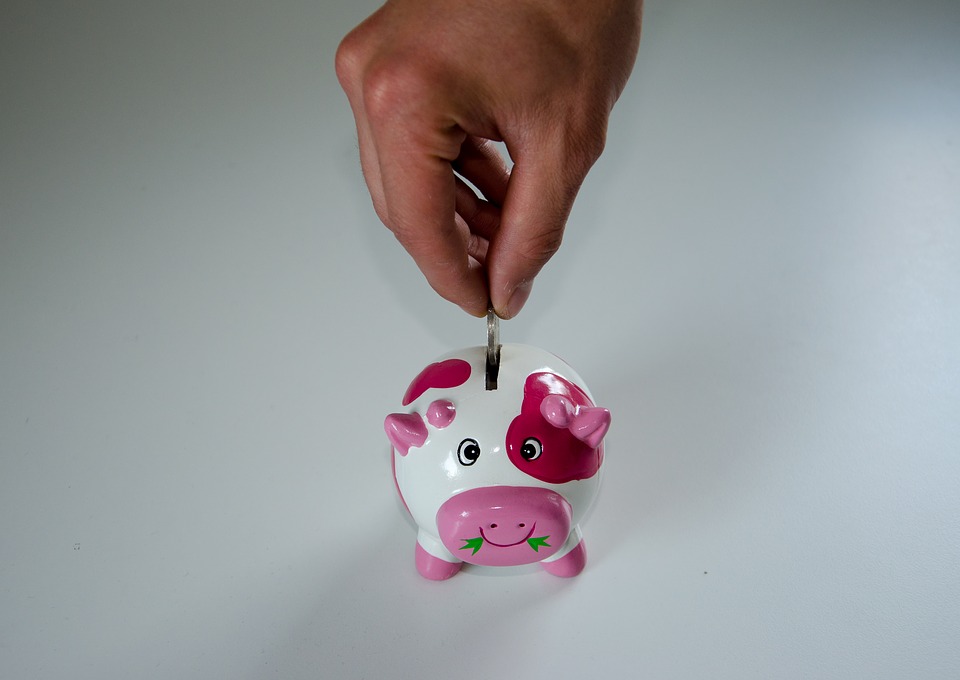Credit is readily available these days. The 2008 global economic crisis was a wakeup call for banks and other lenders, but a decade later, it seems as if many of them have failed to learn their lesson. People living in the United States have the highest credit card debt in history, currently more than one trillion dollars. The situation isn’t much better in the UK, where household debt has risen by more than 7% in five years.
Easy Credit for the Masses
The problem is that easy credit is readily available to all sections of society. Anyone can apply for a loan, credit card, auto finance, or store card. Many lenders perform very few checks and are happy to offer credit to people on a low income. While you may be able to afford the repayments, things can and do go wrong all too easily, which can have far-reaching effects.
Think before You Borrow Money
It’s fine taking out a loan to pay for home improvements or a luxury vacation, but if you struggle to make the repayments, the lender will mark your credit report to warn other lenders you are a higher risk. You may not care at the time. After all, a poor credit score is the least of your worries if you have no money to pay the rent!
The Perils of a Bad Credit Score
However, even after you get your personal finances sorted, a bad credit score will follow you around like a nasty smell. It can take years for black marks on a credit report to disappear. So, a few years later when you are hoping to get a mortgage with your new partner, that period when you defaulted on loans and credit cards will come back to bite you.
As John Heath, Directing Attorney of Lexington Law explains, “Lenders may use your consumer credit reports and your consumer credit scores to make assumptions about the overall credit risk your business poses. The lower your consumer credit score, the riskier they may feel it is to lend you money, and the higher interest rates they may impose, if they are willing to approve your loan request at all.”
Sensible Spending
You can fix your credit score, but it’s better not to get in that situation in the first place. The secret to avoiding all this pain is really no secret at all. It is sensible to avoid credit where possible. Clearly, this won’t work if you need a mortgage to buy a home or your job is dependent on a vehicle, which requires taking out an auto loan. However, where possible, avoid using easy credit as a way of topping up your monthly income and save up for the things you want.
Just because the bank is throwing personal loans and credit card deals at you, it doesn’t mean you have to take them up on the offers! Instead, live within your means and stick to a budget. If you have any disposable income once your debts are paid off, transfer it into a savings account. Spending sensible and saving for the future is a smart investment.


